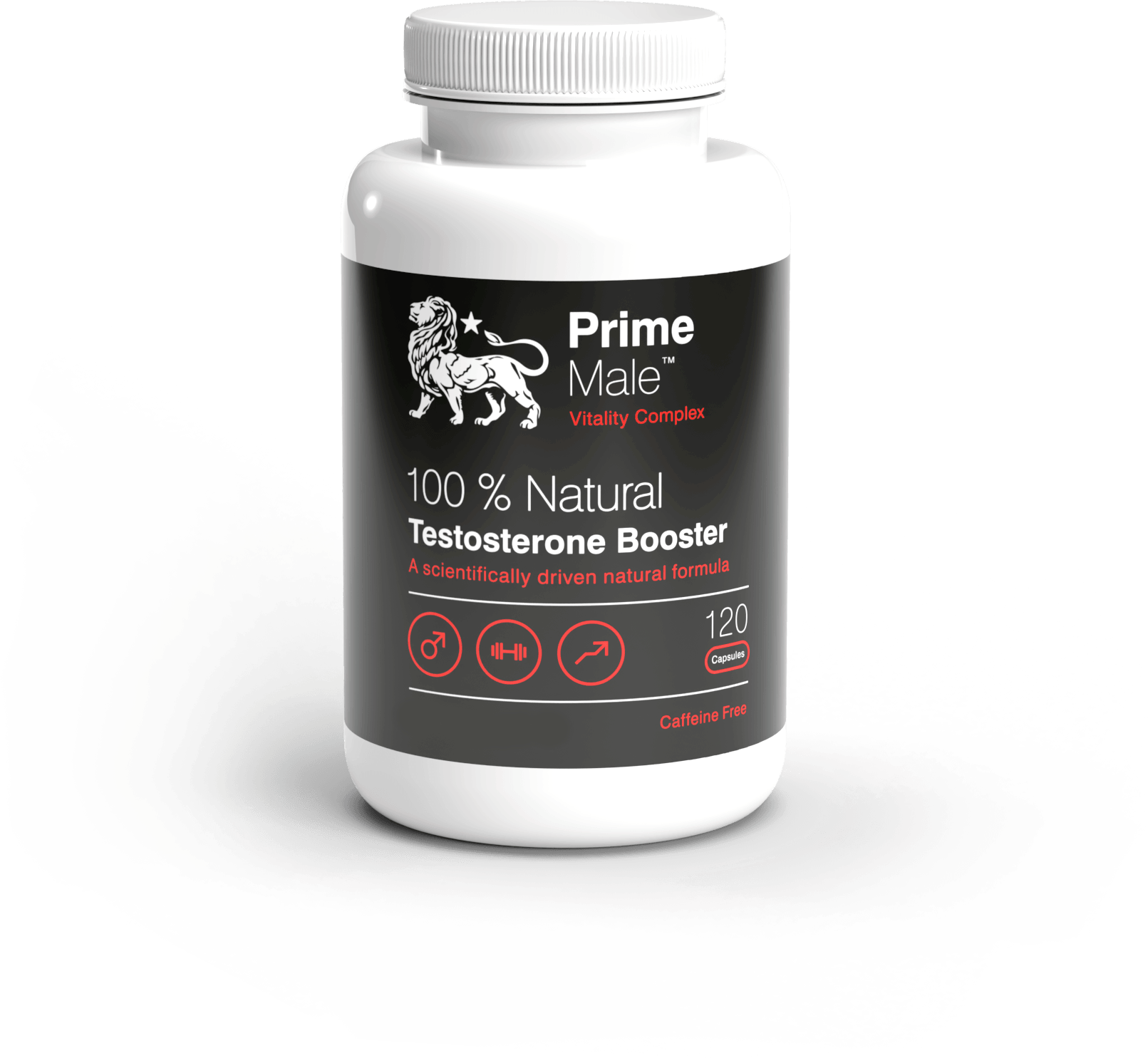We ship worldwide from the USA and UK
PRIME MALE BLOG : GET BACK TO YOUR PRIME
We ship worldwide from the USA and UK
PRIME MALE BLOG : GET BACK TO YOUR PRIME
I got a cracker of a question earlier this week, and knew that I had to share it with you guys. We’re talking about whether plastic bottles lower testosterone levels. But we’re also talking about risk management and how to interpret studies.
Table of Contents
Question: A guy in my gym drinks only from glass bottles. I asked him about it, and he told me that it was to protect his testosterone. Is it true that plastic bottles harm testosterone?
Answer: Yes, plastic bottles have been shown to affect male testosterone levels, specifically some of the chemicals such as Bisphenol A (BPA). The belief is that BPA enters the water inside your plastic bottle, exposing you to this chemical.
BPA then mimics the effects of estrogen and can lead to a reduction in male testosterone levels and fertility.
But it isn’t as straightforward as replacing your plastic bottle with a glass one. For starters, BPA is not as common in plastic bottles as it once was; other chemicals are now used instead, and they do not appear to affect male testosterone levels.
Secondly, most BPA that humans consume is found in food, as food is also often wrapped in plastic.
Thirdly, and in my opinion most importantly, the risk of BPA affecting testosterone is rather overblown.
Yes, some studies show that men who are exposed to BPA can see falling testosterone levels. However, the exposure does not necessarily mimic real life.
This is very important because people will present you with a brand new study and assume it is 100% applicable to your life. But that’s not how science works.
Step One: Somebody has a theory, so they create a study to test this theory
Step Two: They publish the results
Step Three: Other scientists then read and critique this study
Step Four: New studies are created to test the theory from different angles
Step Five: Eventually, scientists decide that the theory is most likely correct
Step Six: They make changes to the guidelines to protect the public
Or, if the theory is disproved, they don’t make changes
With BPA, scientists are currently in stages 2-4. With the current consensus that it doesn’t appear to make too much difference, but it is something to pay attention to.
Also, there are so many things that have a significantly larger effect on testosterone levels.

Clinically Proven Ingredients to Promote Muscle Mass, Enhance Energy and Libido, and Maximises Overall Performance for Men Over 40.
Order NowThink of a large bucket. This bucket is not very good. It has several small holes in the side and a massive gaping hole at the bottom. This bucket represents modern male health.
As you fill it with water (testosterone), you will see small amounts of water pouring through the tiny holes. One of these tiny holes represents BPA in plastic water bottles.
But you will mostly notice the water pouring out of the gaping hole at the bottom. This gaping hole represents diet, lack of exercise, body fat, bad sleep, and stress [2].
If you could somehow plug that gaping hole, you would fix 97% of the problem. You wouldn’t even notice the tiny hole at the side because it would be largely irrelevant.
This is how you should approach the risk vs reward of bottled water. Sure, it may not be a bad idea to replace your plastic bottle with a glass bottle (though you are far more likely to break a glass bottle and cut yourself, which is an actual risk rather than a theoretical one).
But it should be the last thing on your mind. Way behind sleep, stress management, diet (including supplementation), and ensuring that you are getting regular exercise.
Focus on these issues, and your testosterone levels will be so secure that all the plastic bottles in the world won’t affect them.
So, in answer to your question. Yes, you may want to avoid plastic water bottles that contain BPA. However, glass bottles are not suitable for a gym environment as they are easily broken. The real risk of cutting yourself on broken glass is a bigger deal than the theoretical risk of BPA affecting testosterone levels.

Tested and Trusted
By Over 1 Million Men
Free From
Heavy Metals
Ingredients
3rd Party Tested
[1] https://pmc.ncbi.nlm.nih.gov/articles/PMC8615890/
[2] https://pubmed.ncbi.nlm.nih.gov/22804789/
Back to Homepage